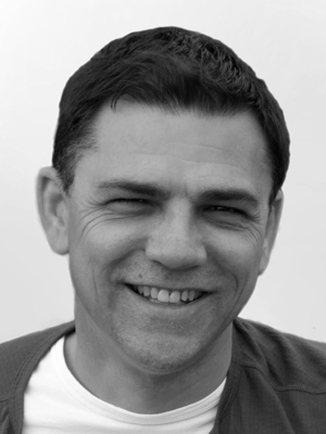|
Beginning a course of counselling can feel like a big step, a bit like jumping into the deep end, and not being sure you know how to swim.
In this article I am going to look at how to make this more a case of lowering yourself in gently rather than making a big splash. Do you even need counselling?
If you are reading this article, then in all likelihood you have already decided, but what if you're not sure? How do you know counselling is what you need?
Counselling is a way of helping people gain a better understanding of themselves. Saying something out loud to someone who is listening attentively creates a clarity which can be missing when those same thoughts and feelings are whirling around in your head. Some common reasons people choose to come to counselling,
Choosing a counsellor
You have decided you want to see someone and have found a listing of counsellors on the internet. Now you are faced with 50 odd counsellors, and are feeling overwhelmed by the sheer amount of choice you have.
How to choose? While this may seem counter-intuitive, people make better decisions when they use as few cues as possible. The human mind just isn't very good at weighing up lots of different pieces of information. To start with the best thing to go on when choosing is usually the profile photo It turns out that first impressions can be surprisingly accurate, particularly when it comes to trustworthiness and whether we will like the person. Make a shortlist of 3 and at most 4 counsellors you like. I like to print out the bio's because then I can compare them side by side. Then ask youself these 3 questions.
If the answer to any of these questions is a no, then you should reject them, and choose someone else. Many people can take quite a bit of time over this step. It is not unusual for people to go through several cycles of checking and re-checking. It can take some people several weeks to make up their minds about seeing someone. There is nothing wrong with this, you are making an important decision. Booking that first appointment
So you are over the first hurdle, and have found someone you would like to talk to. The next hurdle is making an appointment.
Picking up the phone and talking to a stranger about your personal problems, is easy right? The reality is that this can be the hardest part of getting some help. It is absolutely OK and very natural to be nervous when you first speak to a counsellor, and it is something which I make allowances for. Some tips,
You may prefer instead to make first contact by email, which can feel more manageable than talking to someone in person. It also allows you to feel less pressured in making a decision. It has the disadvantage that getting round to booking an appointment can often take around 2 to 3 emails, meaning if you are anxious you have to deal with feeling nervous 2 to 3 times instead of just once on the phone. Email is also a delayed form of communication. So what happens if you take a while to answer? For many people delaying responding, often ends up as not responding at all. I am one of those people who tend to put things off, especially if I find them difficult in some way. What I find helpful is to leave myself out a reminder where I will regularly see it, such as a post-it on my screen. Just having it there, even if I am not directly looking at it, is usually sufficient for me to get round to doing whatever it is I am avoiding. Going to your first appointment
The day has arrived when you are going to your intial appointment, and it is perfectly normal to feel anxious.
You may have worrying thoughts about what your first session will be like. I prefer to look at these worries as telling you what you want from your counsellor. So, if you are worried that,
These kinds of worries can serve as a guide to how your first session went. Did you feel judged? Did you feel taken seriously? Were you reassured? Did you find you could talk? The hardest part of the first session is walking up to the door, and waiting for it to open. By comparison, getting started talking is easier, and once you begin, the time will seem to fly by. At the end of the session you will look at how it went and how you would like to continue. And to finish a little look at after-care... When you leave it is quite common to have a sense of elation, or feeling of relief. This feeling of elation or relief following the discharge of strong emotions is known as catharsis. It can be helpful to allow yourself some time after the session to return to normal, especially if you are driving. You might consider going for a coffee, doing some shopping, or talking to a friend or relative. The other thing to bear in mind is that the feeling of elation will subside, and you may also have a period a few days later where you feel lower than usual for a while. This is all part of the process of therapy, and I like to see it as an invitation to take care of yourself.
main photo by Unsplash
Related articles...
0 Comments
Leave a Reply. |
Categories
All
Archives
January 2021
|
BioI'm Mark, a Humanistic Counsellor. |
Home - Testimonials - Articles - Links - Contact - Book Appointment - Counselling Students - Privacy Policy - Terms
Mark Redwood, BA (Hons) Counselling, MBACP
© Mark Redwood 2015, 2016.2017 | Main portrait by Doug Freegard © 2015


 RSS Feed
RSS Feed